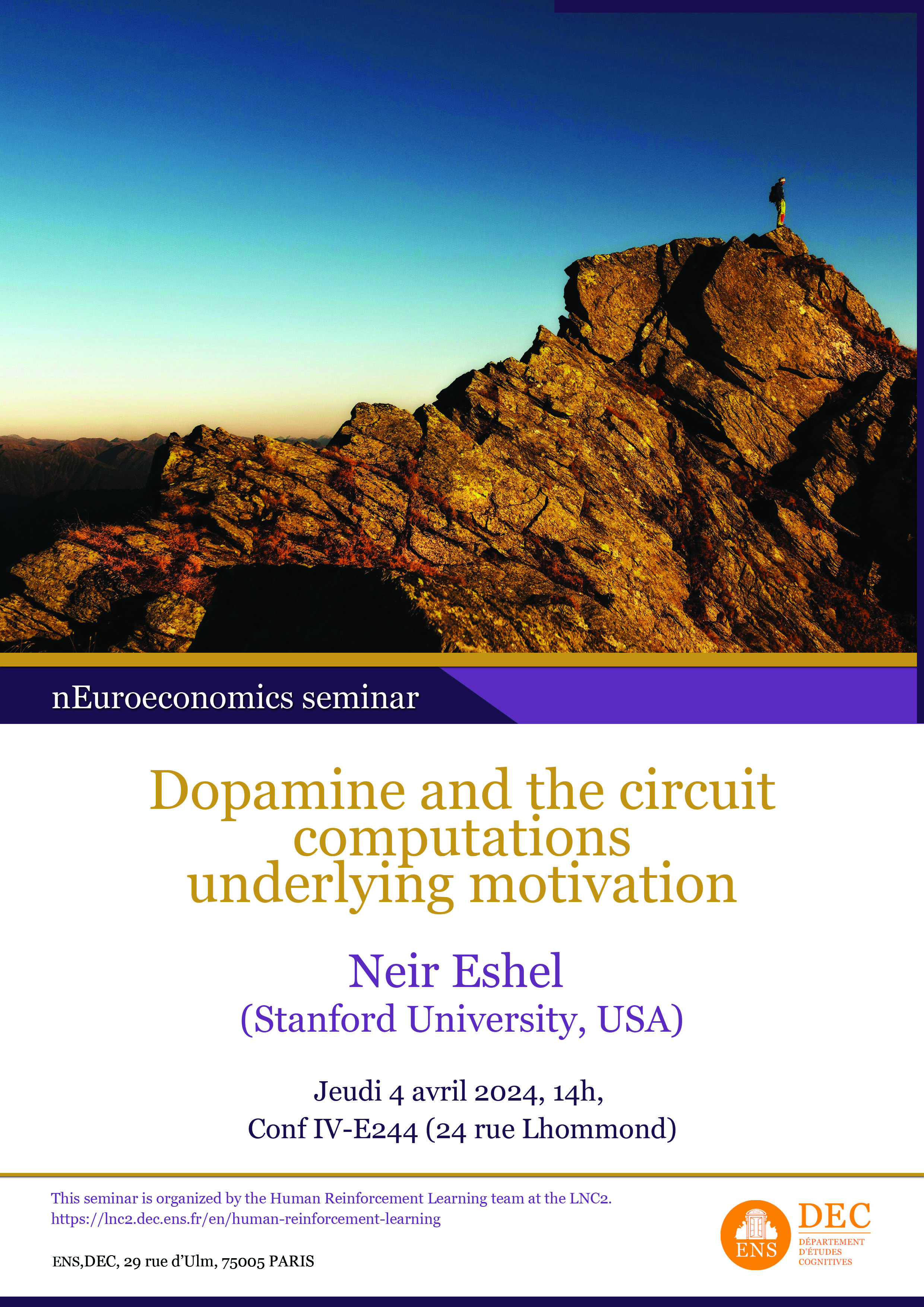On Dreams and dreaming
The expression ’to dream’ and its cognates are examined, and different senses distinguished. Global dream scepticism is rejected. Cartesian dream scepticism is examined and Descartes’s refutation of it is found faulty. Nevertheless the idea that we cannot know whether we are dreaming or waking is repudiated.


 Motivation–the energizing of behavior in pursuit of a goal–is central to daily life. Disruptions in motivation underpin multiple neuropsychiatric disorders, from abnormally low motivation in anhedonia to abnormally high motivation in addiction. Although dopamine (DA) release has long been implicated in motivated behavior, the mechanisms of that link remain unclear.
Motivation–the energizing of behavior in pursuit of a goal–is central to daily life. Disruptions in motivation underpin multiple neuropsychiatric disorders, from abnormally low motivation in anhedonia to abnormally high motivation in addiction. Although dopamine (DA) release has long been implicated in motivated behavior, the mechanisms of that link remain unclear.
 Christopher Peacocke
Christopher Peacocke